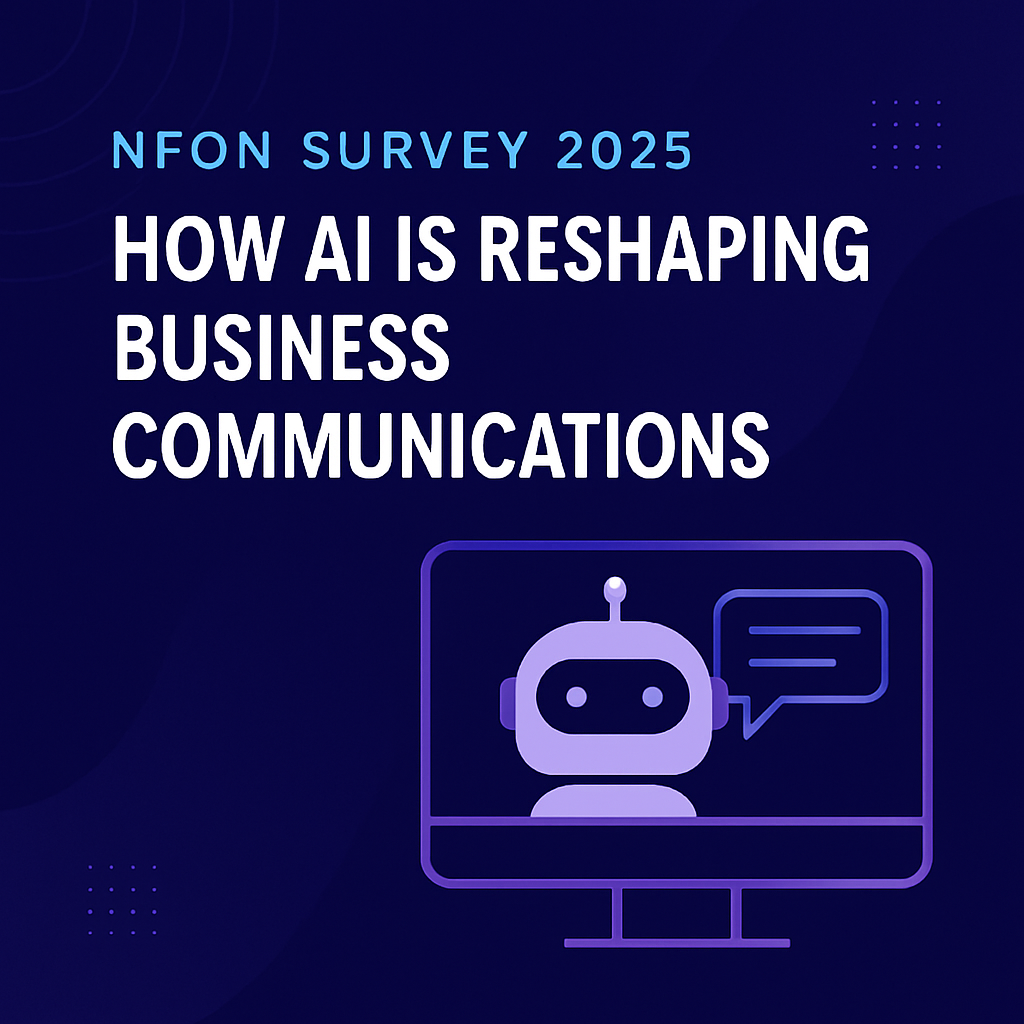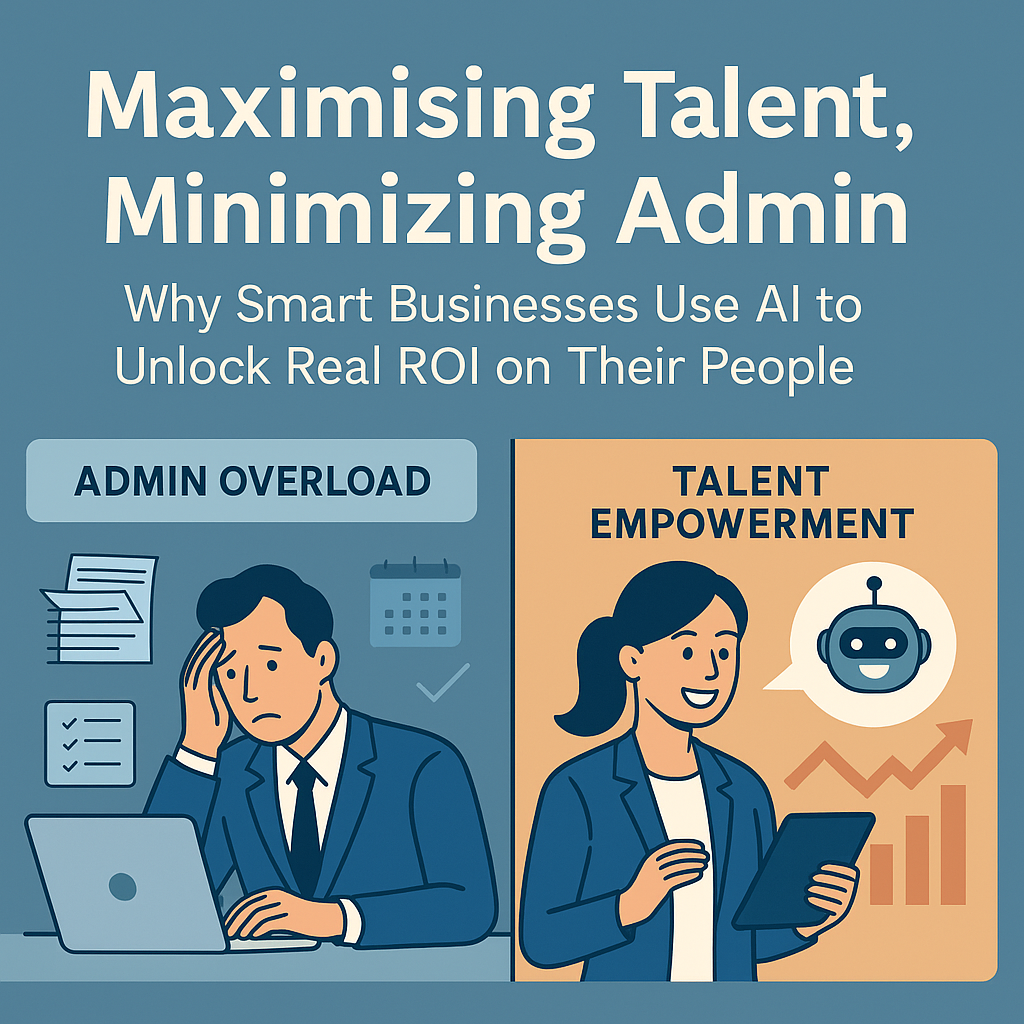In June 2021, global leaders met in Cornwall, UK for the annual G7 summit of 7 member nations (UK, USA, Canada, Japan, Germany, France, and Italy, plus the EU). In their first meeting in two years, tackling and ‘Building Back Better’ from the coronavirus pandemic and building a greener, more prosperous future were key themes discussed with key outcomes:
- A billion doses of the COVID-19 vaccine
G7 leaders pledged to deliver an additional 870 million vaccine doses for developing countries, on top of the 250 million already pledged by the US and 100 million by the UK. At least half of these are to be delivered by the end of 2021. This commitment was welcomed by Unicef and the World Health Organisation (WHO), but with the belief that more vaccines are needed and at a faster rate.
- Ending the coal as fuel generation
Leaders agreed to phase out the use of coal for electrical power in the 2030s – though no end date was set. Coal is the single largest contributor of greenhouse gas emissions, and ending its use is a major step in the global climate change response. There has also been a £2 billion fund to help developing countries tackle coal as a fuel. This commitment is part of the effort to prevent the planet by warming by more than 1.5 degrees Celsius.
- Protect land and wildlife
The nations agreed to protect 30% of land and oceans by 2030. Measures to tackle global deforestation were also secured, with the G7 leaders increasing support for sustainable supply chains that dissociate agricultural production from deforestation and forest degradation.
Although some believed the outcomes from the summit were not strict enough, including notable climate activist Greta Thunberg and naturalist David Attenborough, the event has sparked a global conversation about how to respond to climate change collaboratively, and how to drive countries and economies to be more sustainable.
The role of public sector in sustainability
The UK public sector has long been a leading voice in the conversation of greener and sustainable initiatives. In June 2020, there were 5.5 million public sector workers in the UK, with the sector representing over 16% of the UK employment workforce. In the same month of the G7 Summit, public sector net borrowing was estimated to have been £22.8 billion, the second-highest June borrowing since monthly records began in 1993 and £5.5 billion less than in June 2020.
The public sector’s immense size and significance within the UK workforce and economy means it has great power in its innovation of the future. It is essential that organisations across the public sector do what they can to build services and cultures with the tools and technology to be flexible and future-proof, but also to empower and inspire long-term sustainable change. The public sector response to coronavirus has provided momentum for this cause, but more urgent action is needed. It is about changing how we do things and truly understanding the root cause, that will prove to be invaluable.
Sustainable Development Goals in public sector
It is not only the annual G7 Summit that sets sustainability requirements by nation leaders. As we look to the years ahead, the 2030 agenda for Sustainable Development Goals (SDGs) are a crucial milestone to determine progress in the UK ambitions for a fairer, more equal and more prosperous society.
The 17 goals, a universal call to action adopted by all UN states, consist of eradicating extreme poverty, fighting inequality, tackling climate action to protect our planet and ensuring no one gets left behind.
The UK was at the forefront of delivering the SDGs and the public sector will form a key player in delivering them - leading the way with smarter, renewable energy resources, smarter use of office space combined with the surge in remote working, and better processes and collaboration tools through digital technology.
Future-proof with NFON
Collaboration and technology are the future of the climate change response, and together they shape crucial themes in the drive for a sustainable public sector. NFON’s Cloudya platform ties these pillars together with one accessible platform to connect public sector workers with wider communities to use on multiple devices on-the-go.
It is simple and sustainable to the core.
.jpg)








